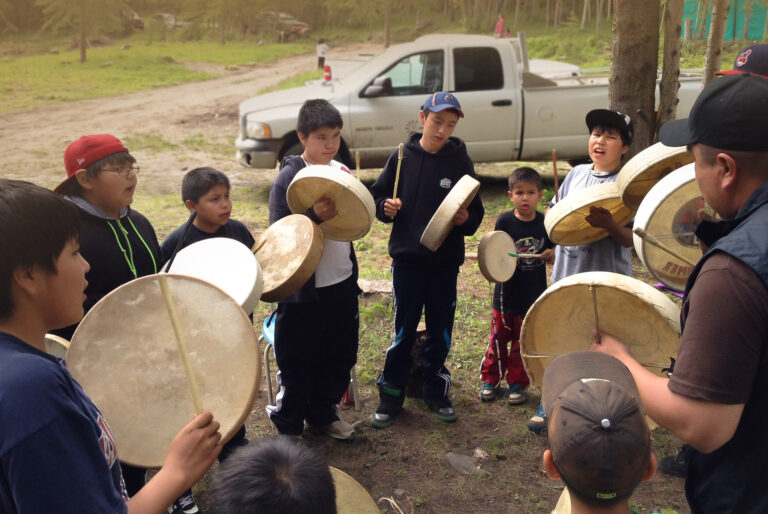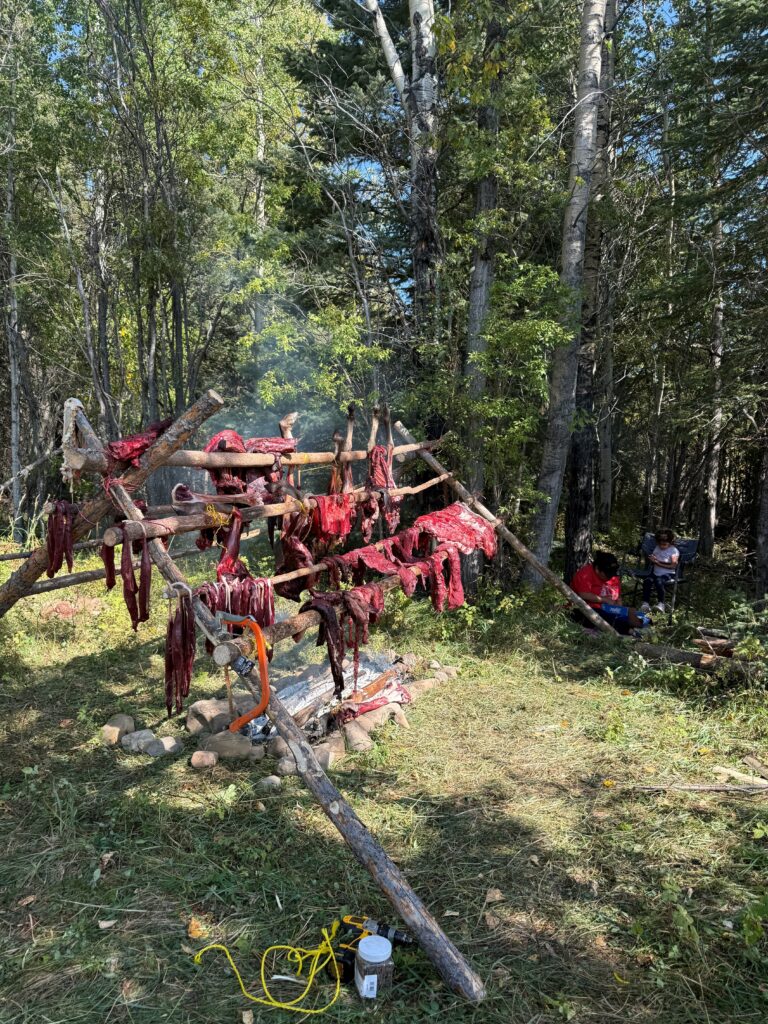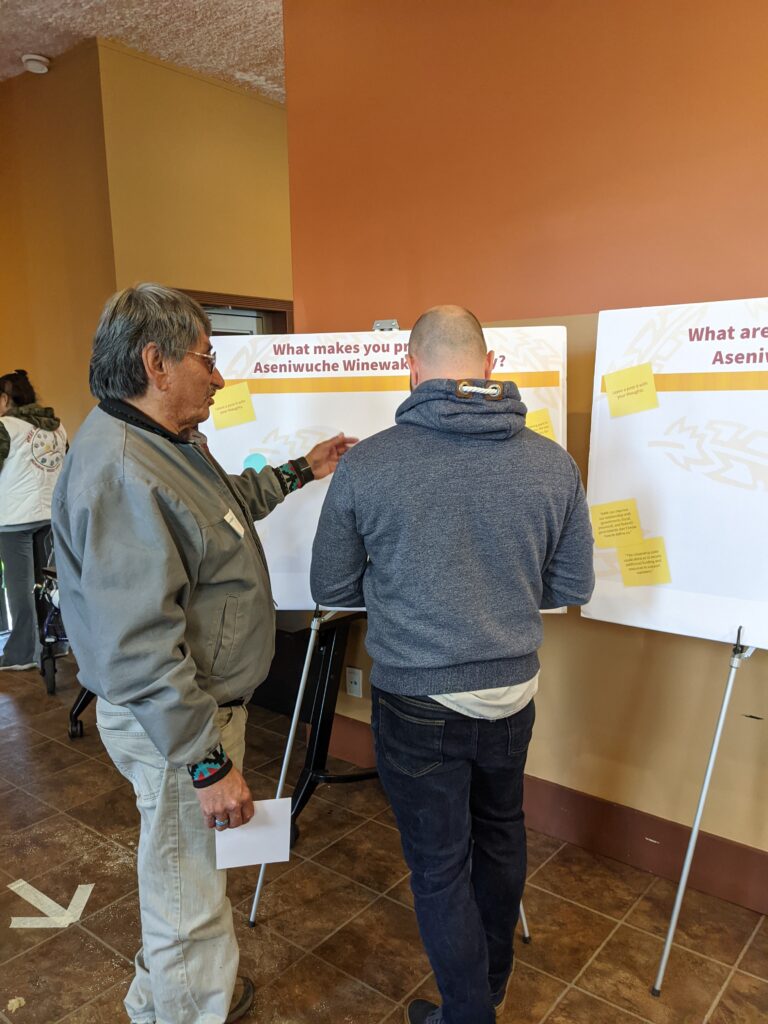The Aseniwuche Winewak Citizenship Code
Grounded in our stories. Guided by our people. Affirming our future
Our Path to the Citizenship Code
A Six-Year Journey of Reflection, Dialogue, and Care
Since 2018, Aseniwuche Winewak Nation (AWN) has walked hand in hand with our community members to develop a Citizenship Code that truly reflects who we are — our people, our histories, our legal traditions, and our right to self-government.
Following years of deep reflection and dialogue, on October 30, 2024, AWN members voted overwhelmingly in favor of amending the AWN bylaws to adopt the Aseniwuche Winewak Citizenship Code (the “Code”). These AWN bylaw amendments and the Code officially came into effect on April 1, 2025.
The Code is a declaration of belonging. Together, we are strengthening self-governance, enshrining our values and legal traditions, and fostering pride in who we are as Aseniwuche Winewak.


